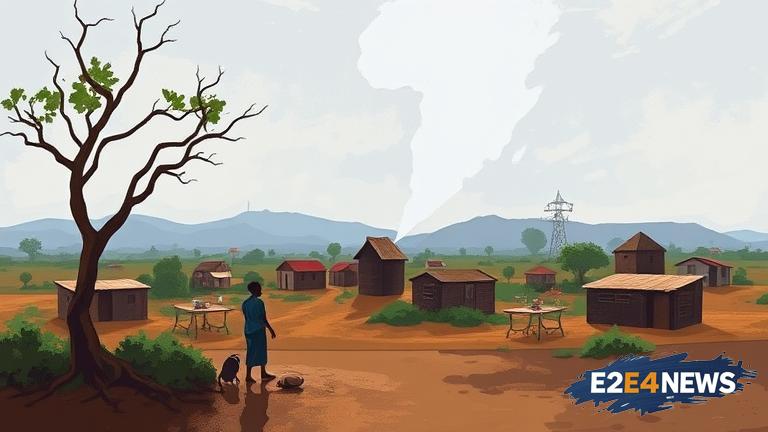Remittances have become a crucial component of development finance in Africa, with the continent receiving billions of dollars in remittances every year. According to recent estimates, remittances to Africa have surpassed official development assistance, making them a vital source of external financing for the continent. The majority of these remittances come from migrant workers in Europe, North America, and other parts of the world, who send money back to their families and communities in Africa. Despite their importance, remittances are often overlooked as a source of development finance, with many policymakers and development experts focusing on official development assistance and foreign direct investment instead. However, remittances have several advantages over other forms of external financing, including their stability, predictability, and direct impact on local communities. Remittances are also a more reliable source of financing than official development assistance, which can be subject to fluctuations in donor country budgets and priorities. Furthermore, remittances are a direct transfer of funds from individuals to individuals, bypassing governments and bureaucracies, which can reduce corruption and increase the efficiency of resource allocation. In addition, remittances can have a multiplier effect on local economies, as the money sent back home is often used to purchase goods and services, create jobs, and invest in businesses and other economic activities. Despite these benefits, there are still several challenges that need to be addressed in order to unlock the full potential of remittances as a source of development finance in Africa. One of the main challenges is the high cost of sending remittances, which can range from 5-10% of the total amount sent. This can reduce the amount of money that actually reaches the intended recipient, and can also make it difficult for migrant workers to send money back home on a regular basis. Another challenge is the lack of access to formal financial services, particularly in rural areas, which can make it difficult for recipients to receive and use remittances effectively. To address these challenges, there is a need for policymakers and development experts to work together to reduce the cost of sending remittances, increase access to formal financial services, and promote the use of digital technologies to facilitate remittance transfers. This can include initiatives such as the development of mobile money platforms, the creation of remittance-specific financial products, and the implementation of policies to reduce the cost of sending remittances. Additionally, there is a need for greater awareness and understanding of the importance of remittances as a source of development finance, particularly among policymakers and development experts. This can include efforts to collect and analyze data on remittances, as well as to promote research and analysis on the impact of remittances on local economies and communities. Overall, remittances have the potential to play a major role in promoting economic development and reducing poverty in Africa, and it is essential that policymakers and development experts work together to unlock their full potential. By reducing the cost of sending remittances, increasing access to formal financial services, and promoting the use of digital technologies, it is possible to increase the flow of remittances to Africa and to maximize their impact on local economies and communities. This can include initiatives such as the development of remittance-specific financial products, the creation of mobile money platforms, and the implementation of policies to reduce the cost of sending remittances. Furthermore, there is a need for greater awareness and understanding of the importance of remittances as a source of development finance, particularly among policymakers and development experts. This can include efforts to collect and analyze data on remittances, as well as to promote research and analysis on the impact of remittances on local economies and communities. In conclusion, remittances are a vital source of development finance in Africa, and it is essential that policymakers and development experts work together to unlock their full potential. By addressing the challenges associated with remittances, and by promoting their use as a source of development finance, it is possible to increase the flow of remittances to Africa and to maximize their impact on local economies and communities.
